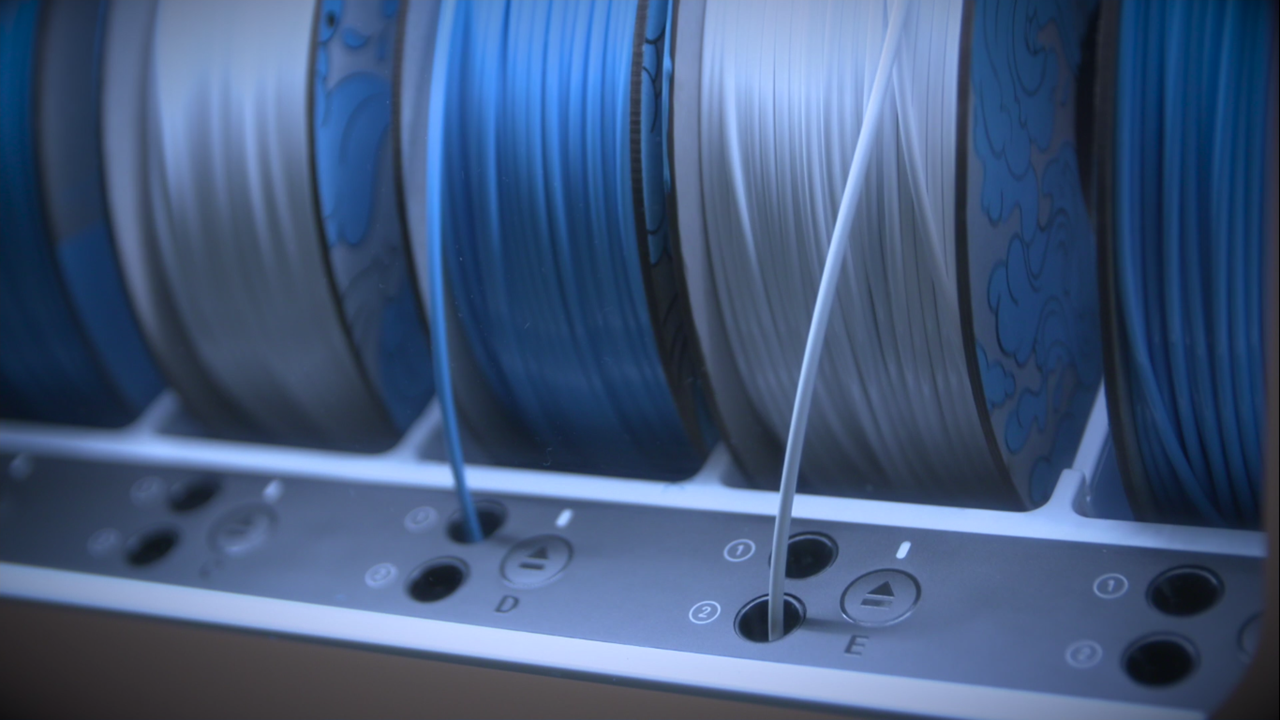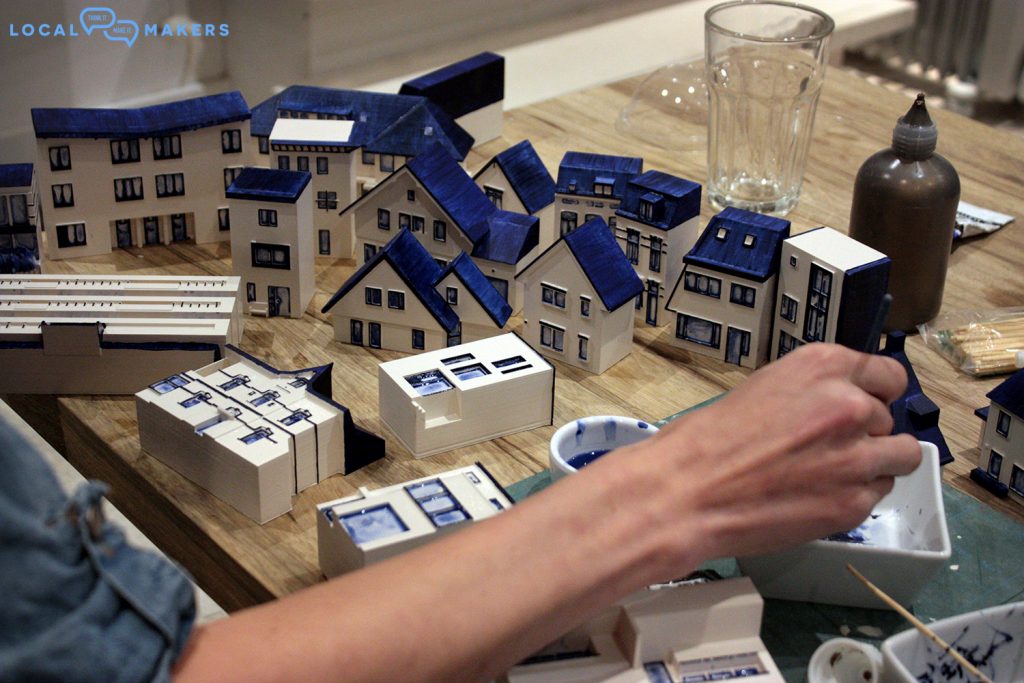KLM Royal Dutch Airlines is recycling PET bottles to create 3D printed equipment. A reported first for any airline, this process aims to reduce engineering and maintenance costs, as well as have a more positive impact on the environment.
Ton Dortmans, Executive Vice President Engineering & Maintenance (E&M), KLM Royal Dutch Airlines, explained, “We are continuously investing in sustainable and innovative products and processes.
“For our customers, for society, and for our own employees. It’s terrific to see how we are able to make useful products from waste material.”
A circular additive manufacturing process
By 2030, KLM has launched the goal of reducing the volume of its waste by 50% (in comparison to levels in 2011.) As a result, the airline is increasing the use of materials that can be recycled, one of which is PET. Previously, KLM bought PET from external suppliers to support its E&M division. Now, it is gathering empty PET bottles from its flights and sending them to the Dutch recycling company Morssinkhof Rymoplast. There, the plastic is exchanged for high-quality plastic pellets, which are then converted into filament by Reflow.
The bottles are retrieved by Morssinkhof Rymoplast in the tonnes from Amsterdam Airport Schiphol on an annual basis, commencing the filament production process. According to KLM, its E&M division uses an estimated 1.5 kg of high-quality filament every day. As KLM now supplies PET bottles as raw material, the cost of this filament has dropped from €60/kg to just €17/kg. This has also made is 3D printing operations circular.
KLM is using the Ultimaker S5 Pro Bundle to 3D print its tools due to its open material approach.

KLM and 3D printing
KLM E&M uses 3D printers to speed up its repair and maintenance processes. In the past, this has included the development of a plug to prevent rim holes being painted over in the finishing of a Boeing 737. Prior to the plug, disposable, protective tape would have been used. A 3D printed cover has also been created by KLM to help remove overhead baggage bins on board the Boeing 787, making it easier for one mechanic to carry out the task instead of two.
Outside of the E&M department, KLM partnered with Local Makers to create custom, miniature 3D printed houses given as gifts of its business class customers.

For the latest additive manufacturing news, subscribe to the 3D Printing Industry newsletter, follow us on Twitter and like us on Facebook.
Looking for a career in additive manufacturing? Visit 3D Printing Jobs for a selection of roles in the industry.
Featured image shows sustainable 3D printing filament made from PET water bottles. Photo via KLM Royal Dutch Airlines.


